The Mind-Body Connection Pt. 4: What is Your Myth?
Happy Monday!
I had a fantastic time at the CHEK Inspire Conference in Surrey. I’ll post pics soon and share about my experience viewing my student’s presentations and all the excitement the event inspired.
In my blog today I’ll continue my series with:
The Mind-Body Connection Pt. 4: What is Your Myth?
A myth is a story that serves to integrate your “self” with “THE SELF”; the world, the cosmos, and THE MYSTERY of life.
I often explain a myth as “your story about who you are without your body and what you believe happens to you when you die.”
What is your myth?
Surprisingly few in the western culture, and sadly, most cultures today have lost contact with their myth. This means that dis-integration and fear of death are likely to be dominant themes in such a person’s life.
It is hard to determine what is a worse situation:
A. To have no myth, or
B. To have an outdated misunderstood myth.
Today, I share Joseph Campbell’s 4 Functions Of A Myth:
1. Evoke an individual sense of grateful, affirmative awe of the Monstrous Mystery of existence.
2. To present an image of the cosmos that maintains your sense of awe, and explains what you come into contact with in life.
3. To validate and maintain a sociological system; To which I (Paul) have added: A shared set of values, which are the equivalent expression of the experience you are likely to be having.
I highlight the fact that the means by which we act and choose determines the end (results) we experience.
4. To carry the individual through life’s stages. To which I’ve added the stages of life on my board diagram above, which culminate in “death”.
In my vlog, I explain how myths and archetypes interact to create your conscious or unconsciously chosen values and the experiences they produce in your life.
In my discussions, I mention the sad state of affairs today, with so many people’s myths being unconscious and painful myths programmed into them during childhood…usually in Sunday school!
Remember, your myth is “your story/belief about what happens when you die.” With that said, imagine all the people who now believe such things as:
1. I’m a sinner and that means…
2. God burns sinners in hell…
3. Those that don’t practice my religion are wrong and I can’t associate with them (while at once having a contradictory belief that “God is love”…
4. There is no GOD/God (Atheist); such beliefs usually constitute what I call “a broken myth”.
5. Though being agnostic (holding the “I don’t know position) today can be a healthy position considering the polarities created by the orthodox religious at one end and the fanatic at the other end of beliefs on either side of agnosticism.
The challenge here is that the “I don’t know position” puts you in about the same position as walking blindfolded in pitch-black night while blindfolded in a place you’ve never been.
Imagine all the stuff the personal unconscious will project into the mind of such an individual as their life becomes threatened by illness, injury, or the realization that death is near due to old age?
I’ve seen some real struggles take place in this situation!
The subject of mythology should not be brushed off lightly. For as long as human beings have lived on this planet (as far as anthropological records suggest anyway), humans have had myths that served to meet the four functions listed above.
Without a myth, or when a myth is broken, both individuals and societies tend to disintegrate. Joseph Campbell does a fantastic job of explaining this and all the relevant issues of mythology in the DVD series titled “Mythos”.
Anyone in the healing arts, be they a medical doctor, nurse, massage therapist, CHEK Practitioner, trainer, etc., would all be well served to understand their own myth and mythology in general.
If a doctor or therapist has no understanding of mythology, they at once are unlikely to understand the psycho-physical forces that commonly lead people into a state of dis-integration, pain, disease, and death.
This means that such health care providers are ultimately only treating physical symptoms of diseases of the psyche.
CHEK Holistic Lifestyle Coaching Level 2 and 3 get progressively deeper into all the relevant issues of this series for that very reason.
I hope you enjoy my vlog today.
Suggested Resources:
The following PPS Lessons contain information that supports you in the efficient creation of your dreams, and provides knowledge that will help you live more wisely in general:
PPS Lesson 1: Determining your Legacy
PPS Lesson 2: Managing Yourself
PPS Lesson 9: Don’t Get Your Feather’s Wet
PPS Lesson 10: The Great Polarities
PPS Lesson 11: Communication Skills
PPS Lesson 12: Listening Skills
Love and chi,
Paul Chek

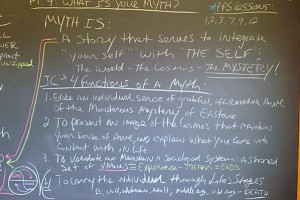
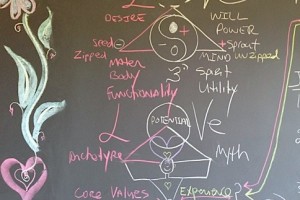
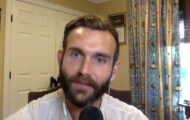
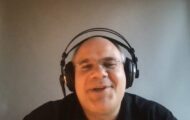
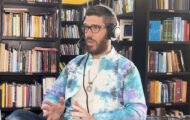
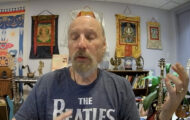
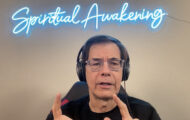








Find me on the web